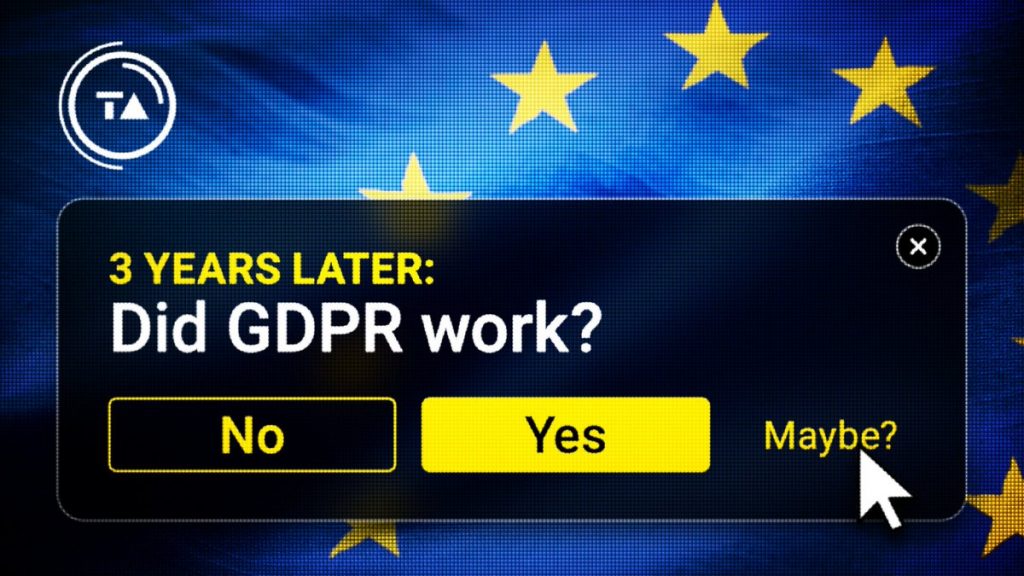How should you write a consent request? Consent requests need to be prominent, concise, easy to understand and separate from any other information such as general terms and conditions. Article 7(2) says: “If the data subject’s consent is given in the context of a written declaration which also concerns other matters, the request for consent […]
Read More… from How should you write a consent request and what information it should contain?









